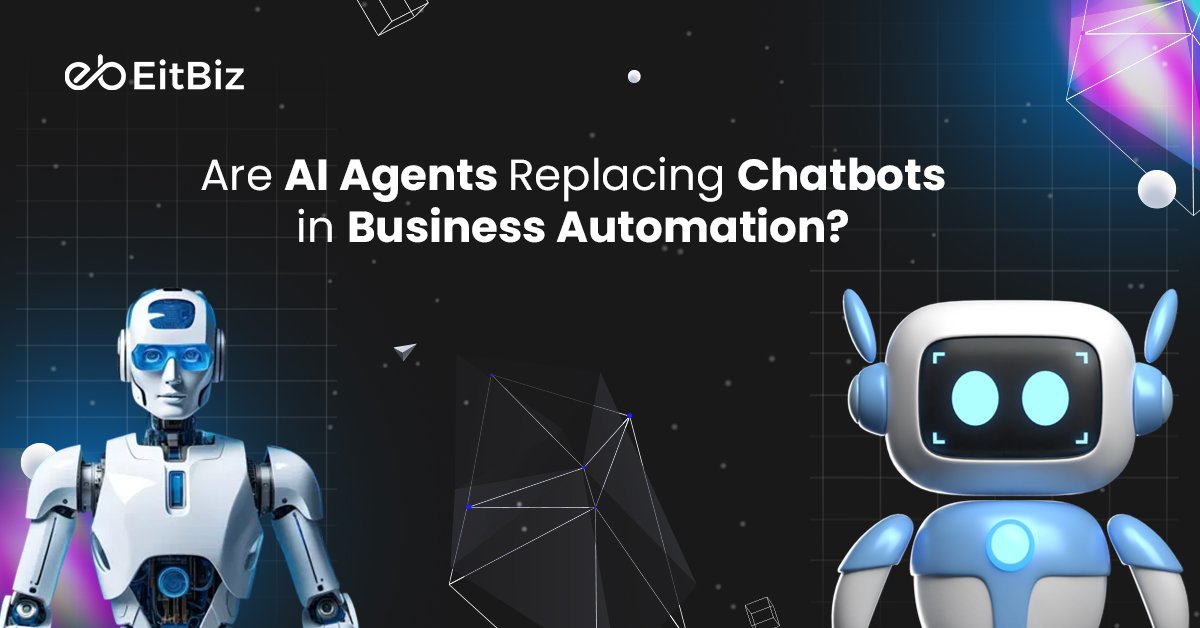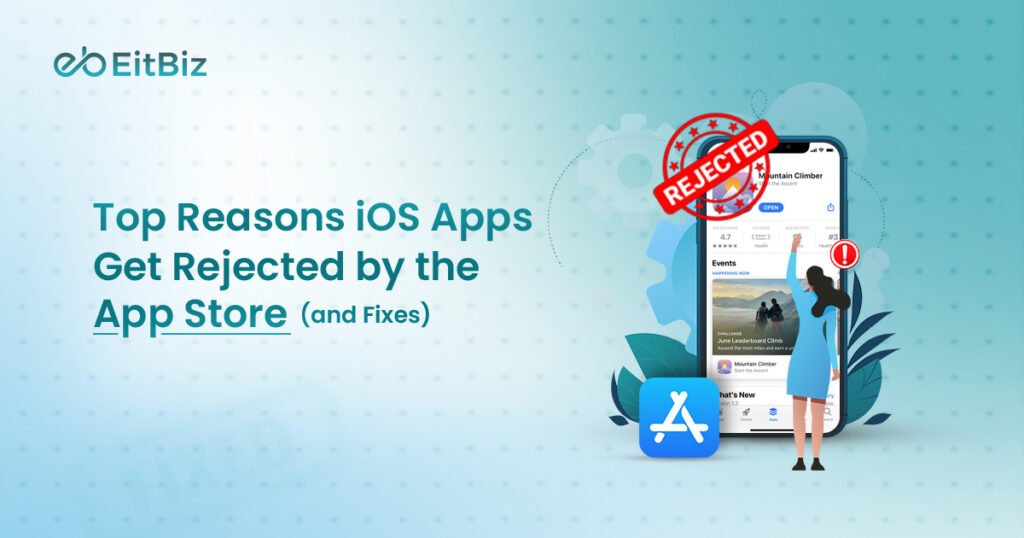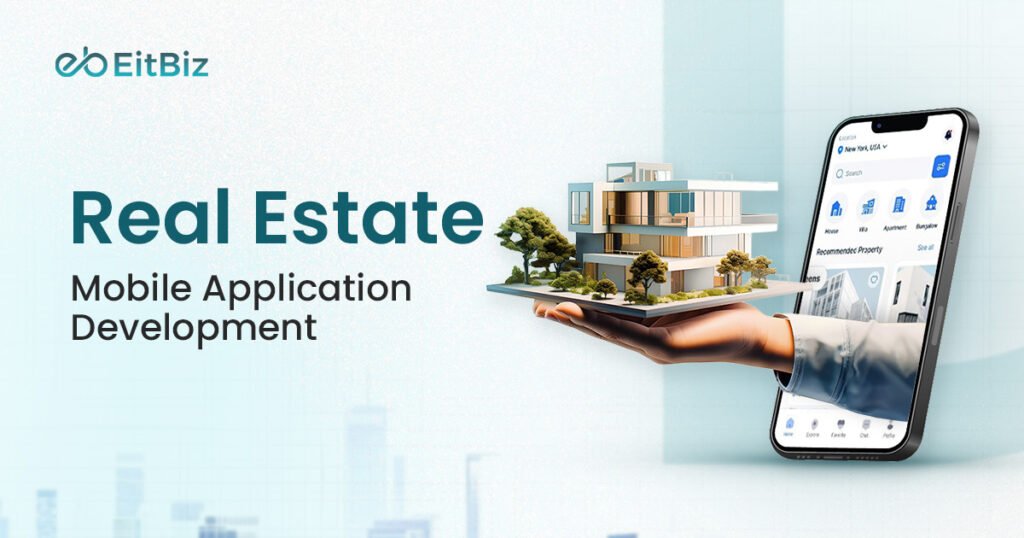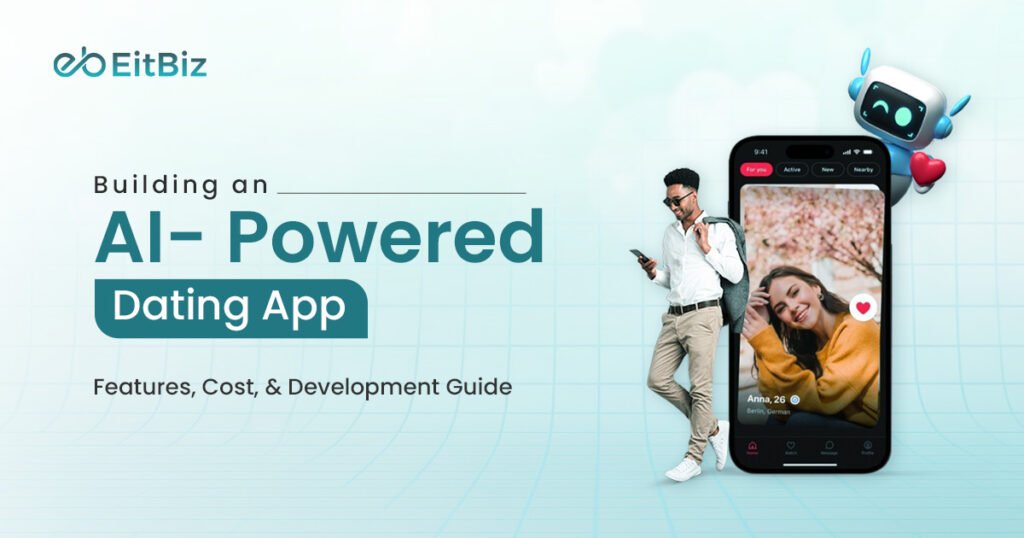A few years ago, a chatbot was the shiny new toy every business wanted on their website.
I remember talking to my bank’s chatbot for the first time – asking about my balance, transferring money, even updating my contact info.
It was surprisingly helpful.
But here’s the thing: it was only helpful up to a point. The moment I asked something it wasn’t programmed for, the conversation hit a dead end: “I’m sorry, I don’t understand that. Please contact customer support.”
Sound familiar?
Fast forward to today. We’re entering an era where Agentic AI, more advanced, autonomous, and capable, promises to handle these limitations.
So the big question businesses are asking now is: Are AI agents replacing chatbots in business automation? Or is this just another hype cycle?
Let’s dive in!
What are Chatbots?
First, let’s appreciate what chatbots have done for us so far.
For more than a decade, chatbots have been a go-to solution for automating routine tasks:
- Answering FAQs
- Booking appointments
- Providing product recommendations
- Routing customer queries to human agents
They’ve saved time, reduced support costs, and improved response times.
But traditional chatbots are rule-based. They work off pre-set scripts and decision trees. They can’t adapt to unexpected questions or multi-step tasks without human input. This is where their limitations show up.
Next, What are AI Agents?
This is where AI agents come in. Unlike static bots, AI agents are designed to act more like autonomous assistants. They can plan, reason, and even take actions that go beyond simply replying with a scripted answer.
Agentic AI refers to this next-level approach-AI systems that can independently interpret intent, break down tasks, find solutions, and interact with other systems on your behalf.
For example, imagine you run an e-commerce store. A chatbot can check if an item is in stock. An AI agent can not only do that but also:
- Check suppliers for restocks
- Place an order with the vendor
- Notify the customer when the product ships
- Suggest related products based on purchase history
That’s not a static script. That’s Agentic AI dynamically planning and acting like a virtual employee.
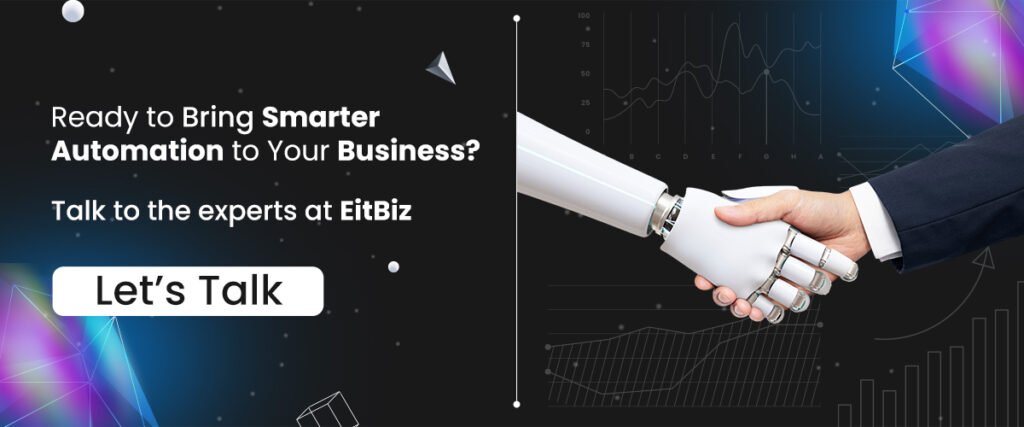
AI Agents vs Chatbot: What’s the Real Difference?
The easiest way to understand AI agents vs chatbots is this:
- Chatbots are like interactive FAQs. They answer what they’ve been trained to answer, nothing more.
- AI agents are autonomous decision-makers. They can think, plan, and act based on goals, not just keywords.
Let’s break down a few practical differences:
| Feature | Chatbots |
| Interaction | Rule-based, script-driven |
| Learning | Limited to pre-defined intents |
| Autonomy | Dependent on human escalation |
| Complexity | Handles simple queries |
| Example | Answering store hours |
Are AI Agents Replacing Chatbots?
So, are we witnessing a full replacement? Not exactly yet.
In reality, AI agents are augmenting or enhancing chatbots rather than outright replacing them. Many companies are upgrading their chatbots with Agentic AI features, creating hybrid solutions.
For example:
- A banking chatbot might escalate complex loan applications to an AI agent that can analyze documents, verify details, and pre-approve applications.
- A customer support chatbot might seamlessly hand off unresolved issues to an AI agent that drafts custom responses and schedules follow-ups automatically.
This layered approach combines the best of both worlds:
- Chatbots for fast, repetitive queries.
- AI agents for deeper, multi-step tasks.
What are the Benefits of Adopting AI Agents in Business Automation?
Adding AI agents to your business isn’t just about cool tech; it delivers measurable advantages:
1. Improved Customer Experience
When you integrate AI agents into your workflow, you eliminate the frustrating “Sorry, I don’t understand” dead ends that customers often face with chatbots. Instead, your customers receive clear, accurate solutions in fewer steps. For example, instead of simply confirming a product is out of stock, an AI agent can notify customers when it’s back, suggest alternatives, or process a pre-order.
2. Lower Operational Costs
Tasks that once required dedicated human teams, like managing order returns, scheduling service calls, or following up with leads, can now run on autopilot with AI agents. These agents handle repetitive, high-volume tasks efficiently, reducing the need for overtime and large support teams. This doesn’t just save you money; it frees your human teams to focus on high-value work that truly needs a human touch, such as relationship management or creative problem-solving.
3. Scalable Workflows
Your business doesn’t sleep, and neither do AI agents. They can handle thousands of customer interactions simultaneously, across different time zones, 24/7, without burnout or loss in quality. Whether your customers message you at 2 PM or 2 AM, your Agentic AI will respond instantly and accurately, helping you maintain consistent service levels while expanding your reach globally without adding complexity to your backend operations.
4. Data-Driven Decisions
Unlike rigid chatbots that only follow scripts, AI agents learn from each customer interaction. They identify patterns, understand what your customers frequently ask, and adapt responses over time. This allows you to personalize customer experiences with targeted recommendations, customized offers, and faster resolutions. It also gives you valuable insights into customer behaviors, helping you refine your services, adjust your marketing strategies, and make decisions
Agentic AI vs Chatbot: What is the Major Difference?
So, when it comes to Agentic AI vs chatbot, here’s the takeaway:
Chatbots handle basic conversations.
AI agents handle end-to-end tasks that need planning, context, and follow-through.
They’re not competitors, they’re partners in modern automation. And as Agentic AI keeps evolving, expect to see more chatbots blending into fully autonomous agents that do the work rather than just answer questions.
Final Thoughts
While chatbots helped businesses take the first step in automation, the rise of Agentic AI and AI agents is redefining what’s possible. By moving beyond predefined scripts to context-aware, action-driven systems, businesses can scale efficiently while delivering superior customer experiences.
If you’re ready to transition from traditional chatbots to AI agents for business automation, EitBiz is here to guide you with expertise, agility, and a commitment to your growth.
At EitBiz, we help businesses move beyond outdated scripts and embrace the future with smart, scalable AI agents. Our AI development experts build custom solutions to match your industry, goals, and customer expectations.
If you’re ready to evolve from simple chatbots to true Agentic AI, let’s talk. Contact EitBiz today and future-proof your business automation strategy.
